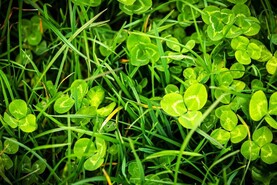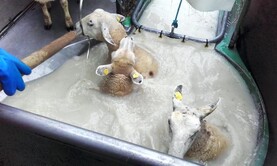It is now the busiest time of year on all dairy farms with calving in full swing.
This brings many challenges, not least of which is the shortage of labour on some farms. This issue, combined with worries about the weather, the possibility of being short of silage and trying to graze grass in poor weather conditions, etc, can lead to chronic stress and fatigue, which in turn can lead to a person taking their eye off the ball in different ways.
At this stage, the early calvers are getting into their stride and production is ramping up.
By looking after these cows well now, good foundations are being laid for the upcoming bulling season. It is normal for cows in the first three to four weeks of lactation to lose some body condition.
If this loss is less than 0.5 body condition score (BCS) or less than 50kg body weight, the cow will generally cope well and no adverse effects will occur.
Negative energy balance (NEB) is a fact of life in the first few weeks of lactation, but it must not be allowed to get out of control.
Keeping a close eye on the milk protein levels is a good help to monitor NEB.
Milk protein is closely correlated to the energy content of the diet fed to the cows. Low milk protein is an indication that there is insufficient energy in the feed.
Milk protein is not correlated to the protein content of the concentrate fed to the cow. A milk protein level of 3.05% or lower is sending a strong signal that the cow is short of energy. This should be rectified without delay, usually by increasing the concentrate feed levels. If cows are out grazing in bad wet condition, they must receive more concentrate to compensate for the consumption of watery grass.
Healthy well-fed cows will return to health at an early stage of lactation and be well ready for bulling when the time comes. If possible, try to group thin and lame cows together and milk them once a day (OAD) for up to six weeks. Feeding them well and OAD will greatly increase their chances of going back in calf at the right time.
Edwin Murphy works at Adare Veterinary Surgery, Adare, Co Limerick. Adare Veterinary surgery is part of XLVets. XLVets is a group of progressive practices who are working together to achieve a better future for agriculture and veterinary in Ireland. For further information see www.xlvets.ie






 This is a subscriber-only article
This is a subscriber-only article










SHARING OPTIONS: